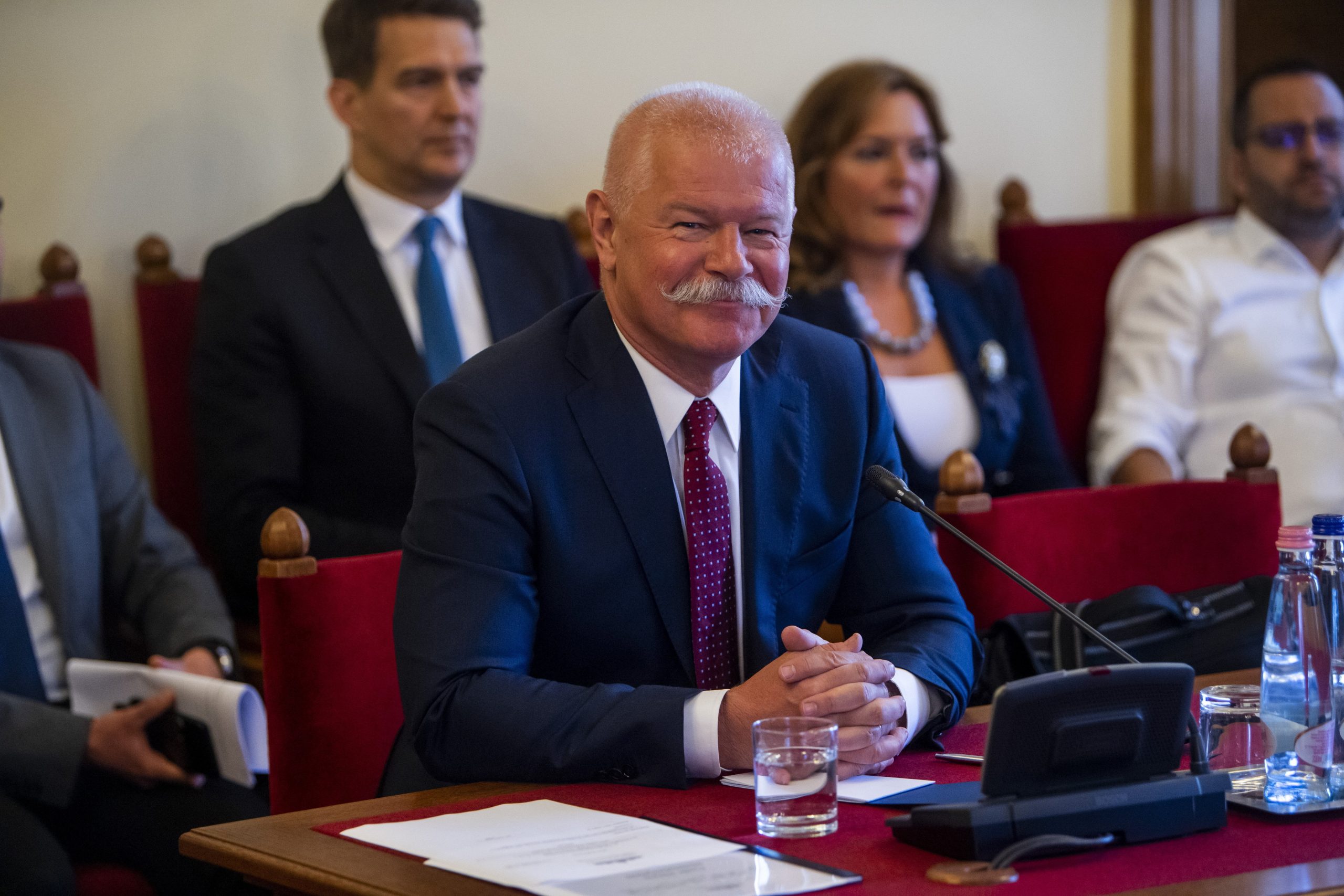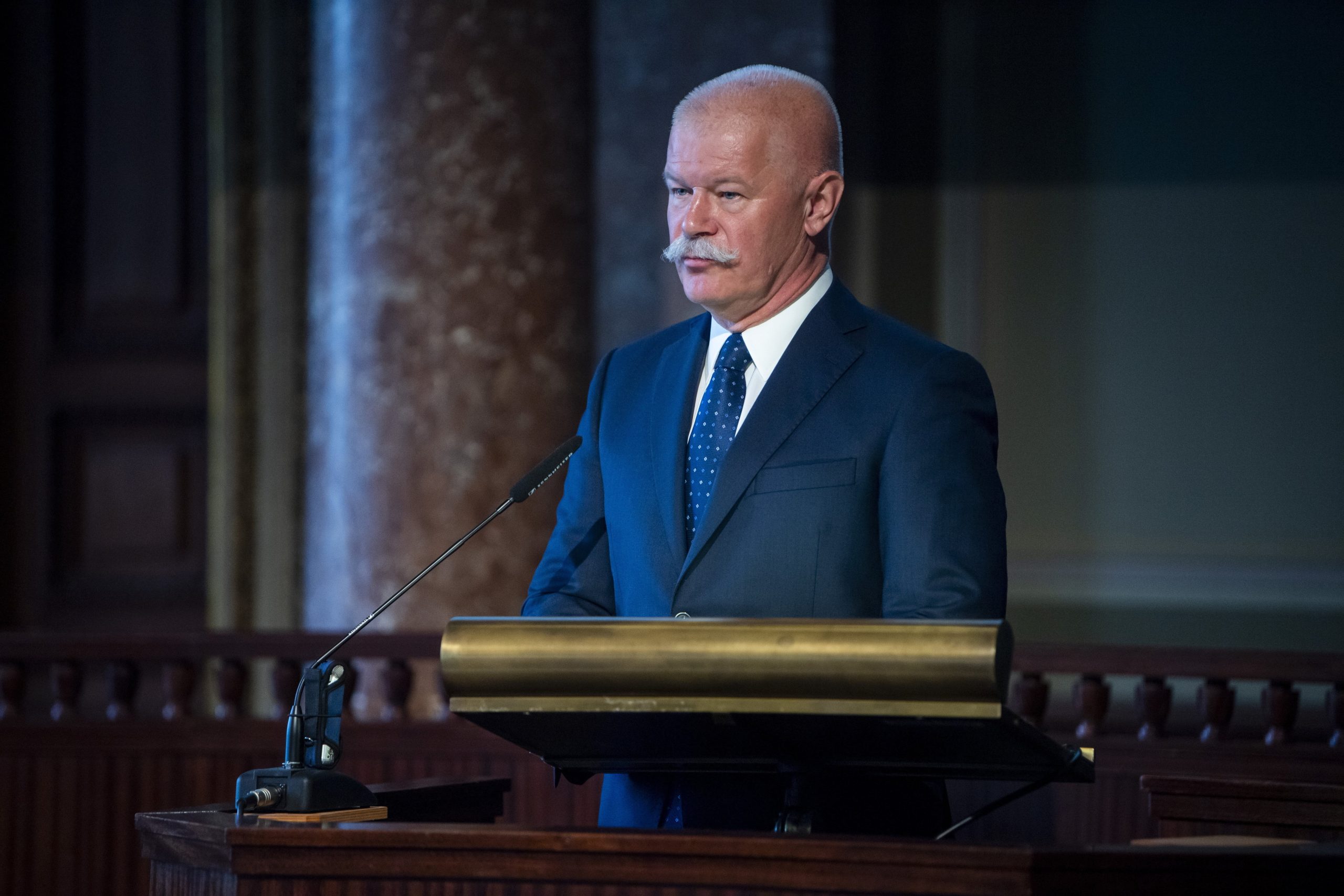
Assigned to oversee an unusual combination of areas, the newly established ministry can be regarded "an innovation itself", Csák said.Continue reading

Hungary will increase its research, development, and innovation spending from the current 1.6 percent of GDP to 3 percent by 2030, said János Csák, Minister of Culture and Innovation, at the award ceremony of the 31st Scientific and Innovation Talent Recruitment Contest for Youth in Budapest on Monday.
At the 31st Scientific and Innovation Talent Recruitment Contest for Youth, the outstanding entries were also presented. The judging panel awarded three first place, three second place, and four third place prizes; 12 entries received high commendations and 27 others were commended.
The minister also said that innovation requires curiosity, creativity, beneficial risk-taking, and collaboration, and pointed out that around half of the winners of the competition submitted work in groups.
János Csák praised the work of those working in the field of science and innovation and thanked the teachers and parents who prepared the students.
János Pakucs, honorary president of MISZ, stressed that the association is looking for creative young people, and the participants themselves define the theme of innovation.
László Kollár, Secretary-General of the Hungarian Academy of Sciences which hosted the event, drew attention to the Academy’s program for secondary school students, which promotes scientific thinking.
László Jakab, professor of BME, and chairman of the jury, assessed the entries as of high quality and said that the competition is also a national selection round where young Hungarians competing in international youth science and innovation competitions are chosen.
László György, Minister of State for Innovation, emphasized the role of teachers and institutions in building communities and developing knowledge assets in the context of the awards for the most innovative secondary schools and the most successful teachers.
Gábor Szabó, President of MISZ, drew the attention of young people to the importance of protecting intellectual property, and the need for learning and perseverance.
According to the Hungarian Innovation Association, 122 applications were received for the competition, 10 of which were submitted by young Hungarians from outside Hungary. The jury accepted and recommended 63 entries, and 53 entries were submitted by the deadline.
The European Union has been organizing the Contest for Young Scientists since 1988 to promote collaboration between young scientists aged 14-20, and to contribute to the development of promising young talent. With the organization of the first national contest in 1991-92, Hungary was the first country in Central Europe to have the opportunity to join the EU competition series.
Source: MTI
Featured image via Zoltán Balogh/MTI